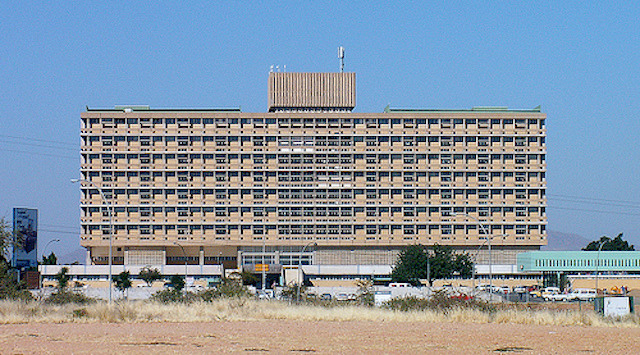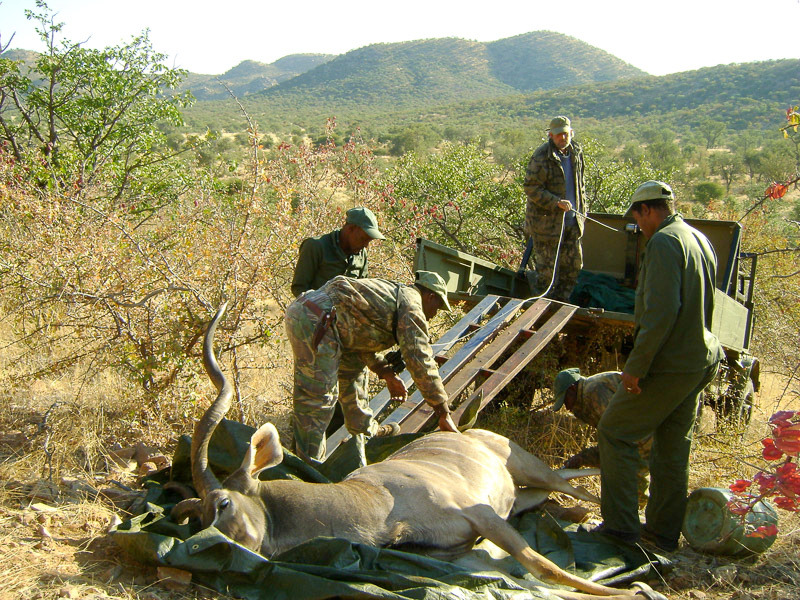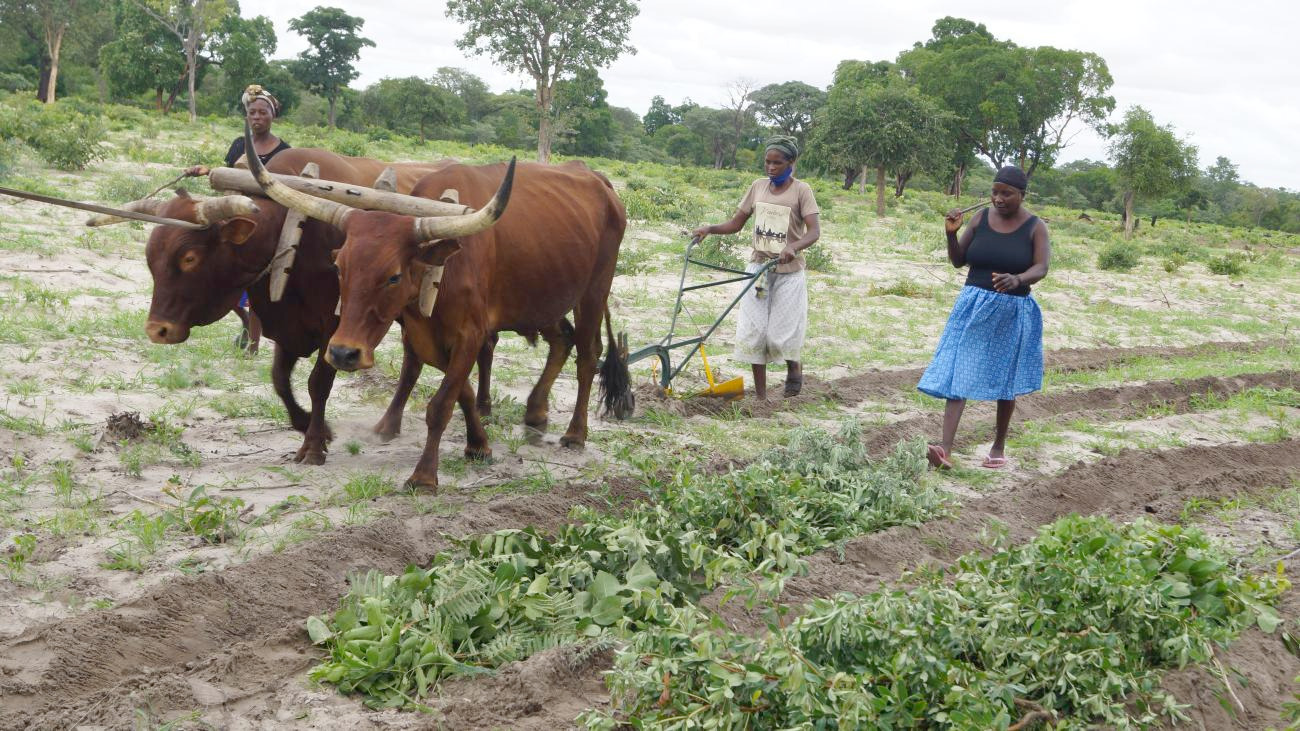THE Ministry of Home Affairs, Immigration, Safety and Security plans intensifying public awareness on the importance of registering births and deaths.
The ministry’s spokesperson, Margaret Kalo, said plans are underway to conduct regular outreach programmes in rural areas in conjunction with the Ministry of Health and Social Services for information sharing to expectant mothers.
“Information sharing with expectant mothers during antenatal counselling visits will be our main focus because as a ministry, we face challenges of a high number of late birth registrations which delay the process due to the investigation and verification processes required to confirm the authenticity of all supporting documents one may provide.”
The ministry also announced that absent fathers are no longer a requirement for a child to be registered to acquire a birth certificate.
The issue of birth registrations came into the spotlight earlier this month when the ministry discovered that 4 389 late applications for birth certificates were recorded in the northern regions of Ohangwena, Oshana, Omusati and Oshikoto during the past year.
“We will also be sensitising community leaders on the importance of birth registrations. The ministry will publish pamphlets, containing birth registration regulations and requirements translated into indigenous languages to inform and educate community members.
“The ministry’s main challenges are the high number of late birth registrations, which delays the process, due to the investigation and verification process required to confirm the authenticity of all supporting documents provided.
“Secondly, home births and unreported child births especially in rural areas. Another challenge is absent fathers and the unwillingness of mothers to register their children under their own surnames, fearing that their children would be disowned.
“Lastly, cultural norms delay birth registrations because children are expected to be taken home for traditional rituals before they are given a name,” said Kalo.
Stay informed with The Namibian – your source for credible journalism. Get in-depth reporting and opinions for
only N$85 a month. Invest in journalism, invest in democracy –
Subscribe Now!










